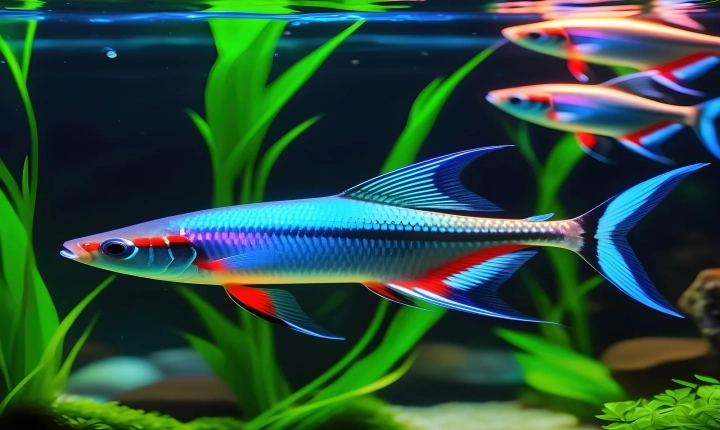Is DALL·E Ai Free? What You Need to Know
Artificial intelligence has come a long way in recent years, especially in the realm of generative art. One of the most talked-about applications is DALL·E, created by OpenAI, which uses an AI model to generate images based on textual prompts.
One of the most common questions surrounding DALL·E is whether it is free to use. The answer to this question is a bit complex. While DALL·E itself is not entirely free for everyone to use, OpenAI does provide access to the model through their API for developers and researchers.
OpenAI operates on a subscription-based model, where users can access their API for a certain number of tokens per month, with additional tokens available for purchase. This means that there is a cost associated with using DALL·E, as users will need to subscribe to OpenAI’s services in order to access and utilize the model.
That being said, OpenAI does offer a free tier for developers to experiment and learn with the API, which allows for a limited number of tokens per month. This means that aspiring AI artists and developers can still get their hands on DALL·E and explore its capabilities without having to commit to a full subscription right away.
Additionally, there are also alternatives to DALL·E which are free to use. Some open-source AI models, such as GPT-3 and CLIP, offer similar generative capabilities and can be used without subscription fees. While these alternatives may not be as advanced as DALL·E, they can still provide a good starting point for those who are interested in experimenting with generative art.
In conclusion, while DALL·E itself is not entirely free to use, OpenAI does offer options for developers and researchers to access the model through their API. There is a cost associated with using the model, but there are also free alternatives available for those who may not be ready to commit to a subscription. As AI technology continues to advance, it’s likely that we’ll see more accessibility and affordability in the future, making generative art more accessible to a wider audience.
